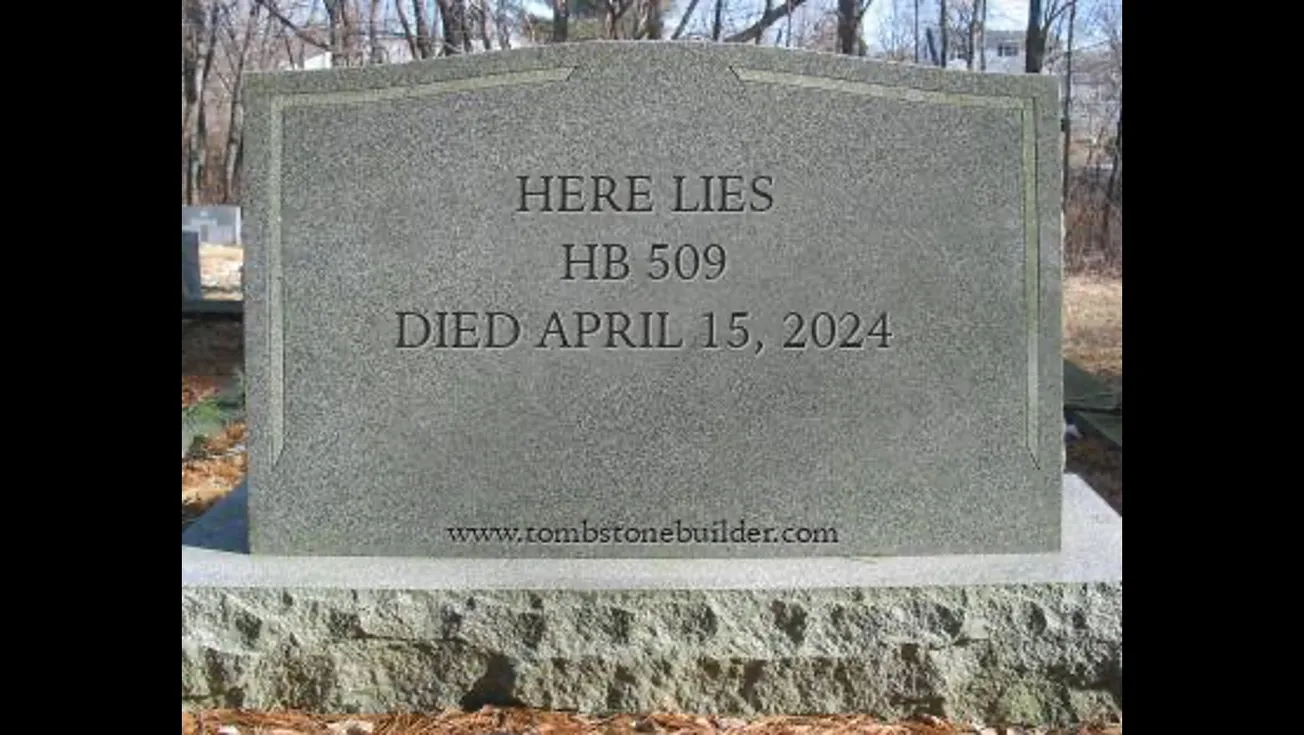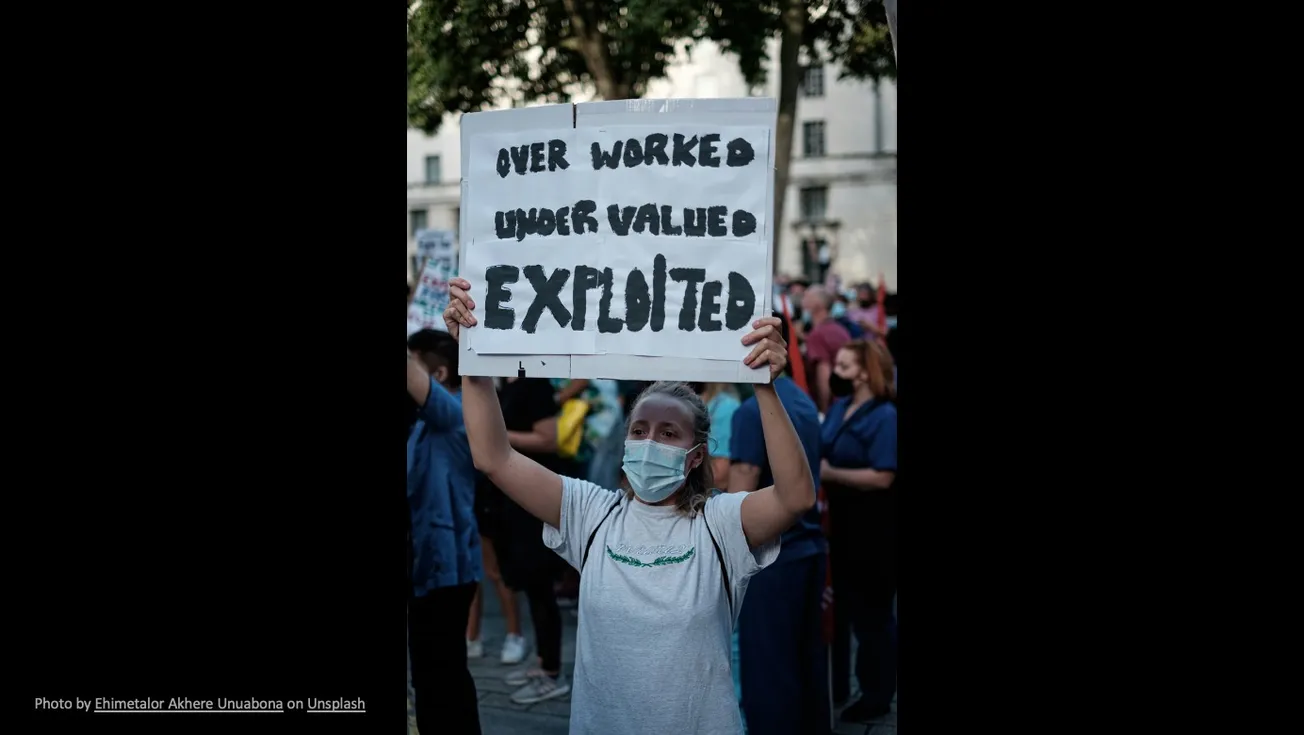As the dust settled from the 2024 Regular Session of the General Assembly, Kentuckians stopped to consider who were the winners and who were the losers in the recently concluded session.
Within hours, The Lexington Herald-Leader’s Linda Blackford penned an editorial identifying several winners whose “legislative successes came out of omission rather than commission.”
Topping the list of those who won through legislative omission:
“WE THE PEOPLE. The Senate decided to end the long tortured life of House Bill 509, which would have created a huge loophole in the state’s Open Records Act. It just goes to show that enough public outrage can move the needle, and that government accountability is still a concept that matters. Until next year.”
Blackford is right. Kentuckians won this year’s battle for the survival of the open records law, but we must redouble our efforts if we hope to win the continuing legislative war on open government.
Blackford identifies some of the losers that emerged from the 2024 session, but omits the name of one loser who will forever be linked with HB 509: Governor Andy Beshear.
In the HB 509 debacle, he is, arguably, the biggest loser.
Whether you love him, hate him, or are entirely indifferent to him, Beshear mangled this one.
The passage of time might have erased memories of Beshear's early support for the ill-conceived and highly destructive open records bill, but his subsequent conduct – doubling down on that support – cast him in a singularly unfavorable light.
The original version of HB 509 for which Beshear expressed support – going so far as to publicly state that his staff worked with lawmakers on the bill – would have done incalculable damage to the public's decades old right to know.
Among other things, it did the following:
- redefined “public record” by restricting the definition to a record that “documents ... a transaction or final action,” excluding everything else;
- expressly excluded from the already substantially narrowed definition of “public record” all deliberative and predecisional documents — including memoranda, written recommendations, opinions, and policy formulation — that enable the public to understand how the public policy that governs their daily lives was formed; and
- expressly excluded from the definition of public record “information or documents stored or retained on a device or email account that is the personal property of” public officials and employees.
If Beshear knew that HB 509 contained these dramatic revisions to existing law before signaling his support, he should be ashamed. As a former attorney general who professed to having reviewed every open records decisions issued during his administration, he had to know just how dramatically this would alter the open records landscape – eliminating access to records essential to public oversight of state and local government operations.
If he did not know this before signalling his support – and was only aware of the mandatory public email assignment provisions (as he seemed to intimate) – he should be mortified. Voicing support for a bill that he had not read, or that he only partially understood, is nothing short of ineptitude, irresponsibility, and breach of public trust.
Beshear persisted in expressing support for the bill that emerged from the House. That version of HB 509 deleted some egregious provisions of the original bill but substantially circumscribed a public agency’s duty to conduct an adequate search for, and to produce, public records regardless of the place where those records are stored. By restricting agency search and production to information or documents stored on publicly owned or controlled devices and agency furnished email addresses, HB 503 would have effectively undermined open government in Kentucky.
(Of note: “This will not only gut your open records law, it will gut your open meetings law, because public officials can conduct business secretly simply by communicating with each other on their own phones.” – David Cuillier, director of the Freedom of Information Project at the Brechner Center for the Advancement of the First Amendment at the University of Florida)
Deflecting criticism that the bill invited public officials and employees to secret away records relating to public business on private devices and accounts, Beshear touted his untarnished record for transparency and unquestioned commitment to the open records law, suggesting that it afforded him unique insight into how HB 509 would actually "provide more records, not less."
Beshear subsequently waffled – asserting he would not make a final decision on vetoing the bill until he saw the final version – but he never acknowledged his error in judgment or withdrew support.
Adding insult to injury, Beshear obfuscated in responding to requests to his office for records verifying his staff's involvement with lawmakers on HB 509, the extent of his involvement in HB 509, and correspondence relating to HB 509.
He produced no records in response to Herald Leader reporter Austin Horn's open records request.
He produced 33 largely unresponsive records in response to Kentucky Open Government Coalition co-director Scott Horn's open records request.
He completely ignored WPSD news director Perry Boxx’s request for records containing “instructions from the Governor or members of his staff to Democratic Party House members about expected behavior during [the anemic] debate on House Bill 509.”
Beshear’s response to Boxx’s request did, however, provide indirect insight into the impetus for his support of the bill.
Beshear denied Boxx access to his legal staff’s interpretation of the court’s opinion in Kentucky Open Government Coalition v Kentucky Department of Fish and Wildlife Resources Commission – a case that the KY Open Government Coalition firmly believes restored the decades-old status quo after Beshear’s successor, Attorney General Daniel Cameron, misinterpreted “public record” to largely exclude electronic communications on private devices and accounts.
Invoking the preliminary documents exceptions and attorney-client privilege – which he might have waived as a means of defending his position – Beshear denied the public its only meaningful opportunity to assess his motives.
As if all of this were not bad enough, Beshear continued to voice support for HB 509 even as a mysterious committee sub was introduced in the Senate State and Local Government Committee that would have radically redefined “public agency” as “governmental entities,” arguably excluding himself from the open records law. It was a short step from his unwavering support to the suspicion that he was the moving force behind the harebrained amendment.
This, and all other, legislative offenses were forgiven when the Senate elected to let HB 509 lapse on the final day of the session. The Senate earned wide praise for its forbearance and left Beshear – deprived of the opportunity for a veto and eleventh-hour redemption – holding the bag.
In the final analysis, this makes Andy Beshear the biggest loser in the HB 509 train wreck, and forever compromises his status as a self-anointed champion of transparency and open government.
--30--








